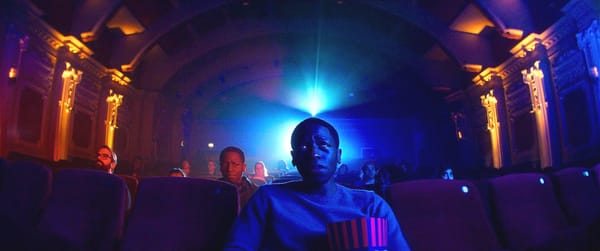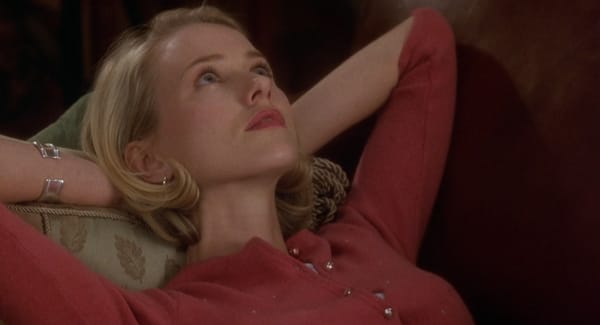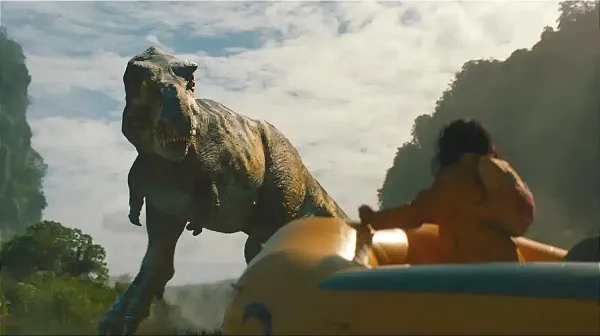This Side of "Paradiso"
Come to a screening and discussion of "Cinema Paradiso: The Director's Cut" Thursday July 11th at the West Newton Cinema.
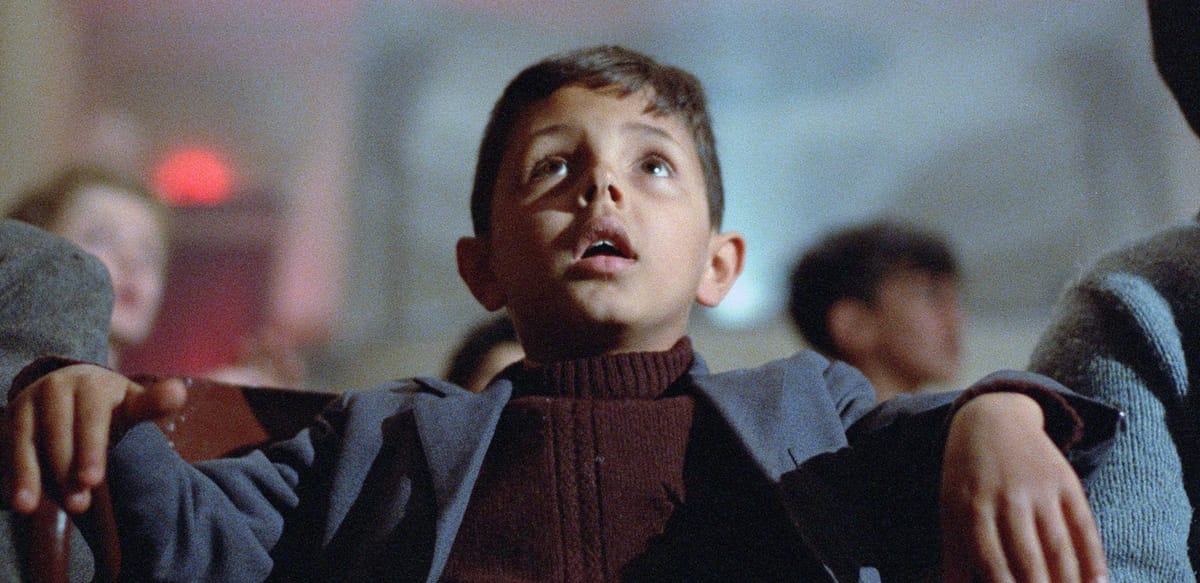
Heads up to local Watch List subscribers: Tomorrow evening (Thursday, July 11) at 6:00 p.m., I’ll be hosting a screening and discussion of the beloved 1988 Oscar winner “Cinema Paradiso” at the West Newton Cinema, in Newton MA – the first installment of what we’re calling “Ty Burr’s Movie Club” and hoping to make a monthly feature at the theater. You can buy a ticket to the event online here or at the box office.
The film, of course, is a longtime audience favorite and a love letter to the movies, making it a perfect introductory Movie Club screening as the West Newton Cinema is poised to enter a new era. (Get an update on the efforts to save the theater from the wrecking ball here – and please feel free to donate to the cause.) But the twist is that we’ll be showing and discussing the lesser-seen director’s cut of “Cinema Paradiso.” Released to theaters in 2002, it adds nearly an hour to the film’s third act, dramatically changes our feelings about a key character and makes for an altogether more complex and melancholy viewing experience.
But is it better? That’s what we’ll be talking about after the screening! In the 22 years since the 173-minute director’s cut came out, opinions have been split, with many viewers and critics (including the late Roger Ebert) preferring the 124-minute theatrical version. I disagree, or at least I used to. Reviewing the director’s cut for the Boston Globe in 2002, I wrote “Where the original release was an essay in childish delight and adolescent longing, topped off by a muted coda implying that you really can go home again, the reissue is a fully realized epic of the heart, with a message that’s as clear as it is chilling: To be an artist is to live without love.”
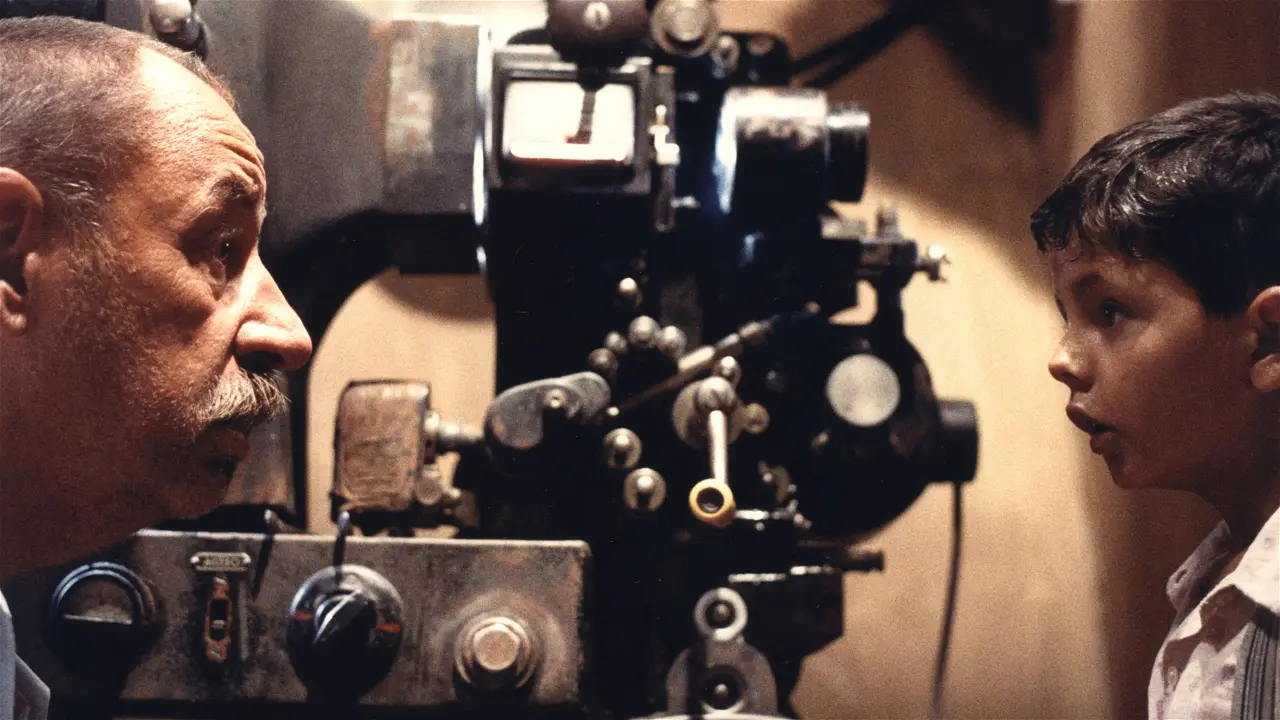
Having watched both versions again recently, though, I’m no longer sure which version I prefer. Here we get into spoiler territory: “Cinema Paradiso” is about a boy, Salvatore, nicknamed Toto (Salvatore Cascio), growing up in a rural Italian village in the years after World War II. The local movie house of the title is run by the crotchety Alberto (Philippe Noiret) who accepts the (adorably cute) Toto as an apprentice and ultimately his successor in the projection booth. When Salvatore (Marco Leonardi) grows to adolescence, he falls in love with Elena (Agnese Nano), whose parents consider him an unsuitable prospect. Under Alberto’s urging, Salvatore moves away, only returning 30 years later (and played by Jacques Perrin) for the old man’s funeral. As a parting gift to little Toto, Alberto has left a reel of all the kisses the town’s priest has made him cut from movies over the years – a montage of human desire and celluloid passion.
That’s the version you probably saw in a theater all those years ago. The director’s cut adds most of its scenes to Salvatore’s return, in which it turns out that Elena didn’t stand him up at the theater 30 years earlier but was convinced by Alberto to leave him so that the boy would go on to his destiny as a film director (a profession that is hardly mentioned in the theatrical cut). This darkens our feelings about the old man, to say the least, and renders a charming relationship more complicated, more ambiguous – more like life. Which, of course, is why we prefer the movies – and why we prefer this movie the way we first saw it in 1988.
So how did it get that way? A rumor persisted for years that Harvey Weinstein, then the head of US distributor Miramax, had lived up to his notoriety as “Harvey Scissorhands” by shredding the film’s final hour and excising Brigitte Fossey as the middle-aged Elena, along with the actress playing the village prostitute, who we see in one scene initiating the teenaged Salvatore into sex in the theater’s projection booth. Not true. In fact, the original original cut of “Cinema Paradiso” was 155 minutes long and flopped in Italian theaters until director Giuseppe Tornatore went back to the editing room himself to winnow it down to the version that became famous. As the New York Times reported in 2002:
“In a director's press note to the restored film, Mr. Tornatore, 46, denies longstanding rumors that either its original producer, Franco Cristaldi, or the Miramax executive Harvey Weinstein demanded the cuts. When a 185-minute version of the film was shown in 1988 at a small European festival, he explains, it received a mixed response along with an ambiguous award for ‘best artistic contribution to the first part of a film.’ A 150-minute [sic] version was subsequently released in Italy but fared poorly at the box office, and the consensus was that the movie needed to be cut to two hours.
“’Furious and disheartened, I edited it down even more,’ he writes. ‘This was the autobiographical film I had waited my whole life to make, and it felt like the failure of my life. It was then that I obliterated the entire character of Elena as a grown-up.’ The shorter version proved a surprise hit at the 1989 Cannes International Film Festival, where it won the special jury prize. ‘Cinema Paradiso’ went on to win the Golden Globe and the Academy Award for best foreign film.”
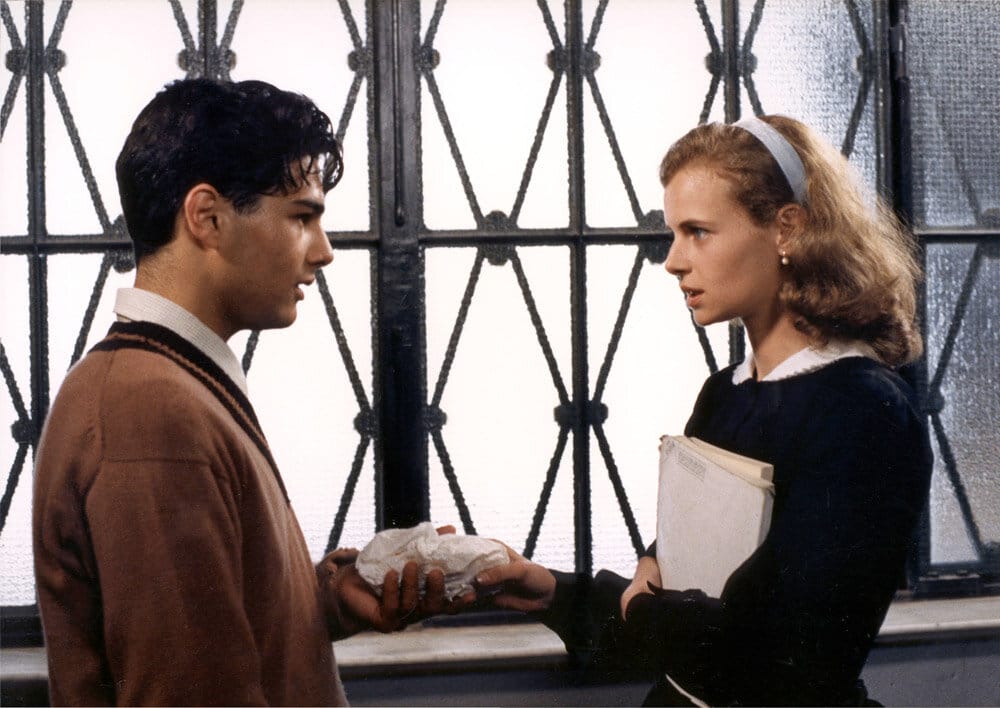
For the “director’s cut,” Tornatore went back and replaced the footage he’d taken out, adding a further 20 or so minutes to bring it close to that very first festival version; if you want a deep dive into a comparison of the two, there’s a scene-by-scene breakdown at Movie-Censorship.com. Both cuts of “Cinema Paradiso” have been packaged together on DVD and Blu-ray; the theatrical version can be streamed on Paramount+ and Kanopy and rented from Amazon and Apple TV, while the director’s cut can be streamed on Paramount+ and rented on Vudu.
Today I think the theatrical version is the more shapely of the two, the simpler in its message and certainly the more sentimental. Its theme – that life is not like the movies (but we still have the movies) – is delivered with a softer, kinder hand than that originally conceived by Tornatore. The director’s cut, by contrast, has all the stuff you love followed by a reminder that we choose parts of our lives over others and may live to regret those choices for the rest of our days. (But we still have the movies.) Both versions feature Ennio Morricone's gorgeous score and love theme, written with his son Andrea.
Which "Cinema Paradiso" is better? I’m still figuring it out. Come to the West Newton Cinema on Thursday night and we’ll talk.
P.S. Here’s a nice little guide to the films featured in the famous “kissing montage” finale.
P.P.S. You want to know what the kid who played Toto grew up to look like? Here you go.
Feel free to leave a comment or add to someone else's.
If you enjoyed this post, please forward it to friends! And if you’re not a paying subscriber and would like to sign up for additional postings and to join the discussions — or just help underwrite this enterprise, for which the author would be eternally grateful — here’s how.


